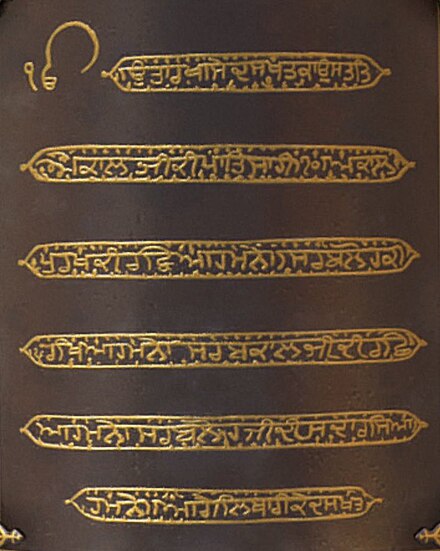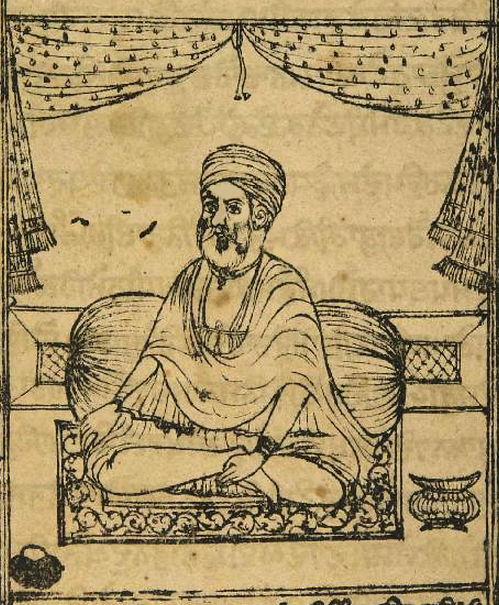
BHAI, of Indo Aryan origin (Sanskrit bhratr, Pali bhaya), means brother in its literal sense and is employed as an honorific as well as in the dominant familial sense and as a title of affection between equals. It has been used in the Guru Granth Sahib in the latter sense and there are several apostrophic examples none of which seems to imply any special rank or status. However, by the middle of the seventeenth century, it was being used as a title implying distinction: the earliest example is the Bala Janam Sakhi (AD 1658) which refers to its putative author as Bhai Bala. The naturalness of its use in this particular context suggests that it must have developed the honorific connotation even earlier though it does not necessarily follow that these connotations were clearly apprehended in earlier usage.
- 1
- 2











